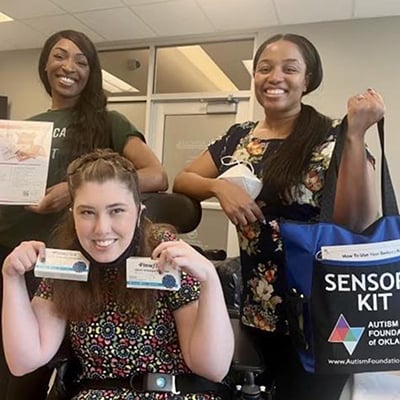Currently, there are 68 UCEDDs-at least one in every US state and territory-that are in a unique position to facilitate the flow of disability-related information between community and university. Centers work with people with disabilities, members of their families, state and local government agencies, and community providers in projects that provide training, technical assistance, service, research, and information sharing, with a focus on building the capacity of communities to sustain all their residents.
UCEDDs have played key roles in every major disability initiative over the past four decades. Many issues, such as early intervention, health care, community-based services, inclusive and meaningful education, transition from school to work, employment, housing, assistive technology, and transportation have been directly benefited by the services, research, and training provided by UCEDDs.
The national network of UCEDDs is authorized under Public Law 106-402 (The Developmental Disabilities Assistance and Bill of Rights Act of 2000 or "DD Act") and their core funding is administered by the Administration for Community Living (ACL).
To implement their core functions of providing preservice preparation, services (including technical assistance, community education, and direct services), research, and information dissemination, UCEDDs leverage their core funding to partner with other federal, state, and local resources.
With research, demonstration, and personnel preparation funding from the US Department of Education (ED), National Institutes of Health (NIH), Health Resources and Services Administration (HRSA), Centers for Medicare and Medicaid Services (CMS), and Centers for Disease Control and Prevention (CDC)-among others-UCEDDs have undertaken numerous projects in areas of importance to people with disabilities across the lifespan and their families, such as in health promotion and prevention, education, employment, self determination, family support, national and community service, and autism.









